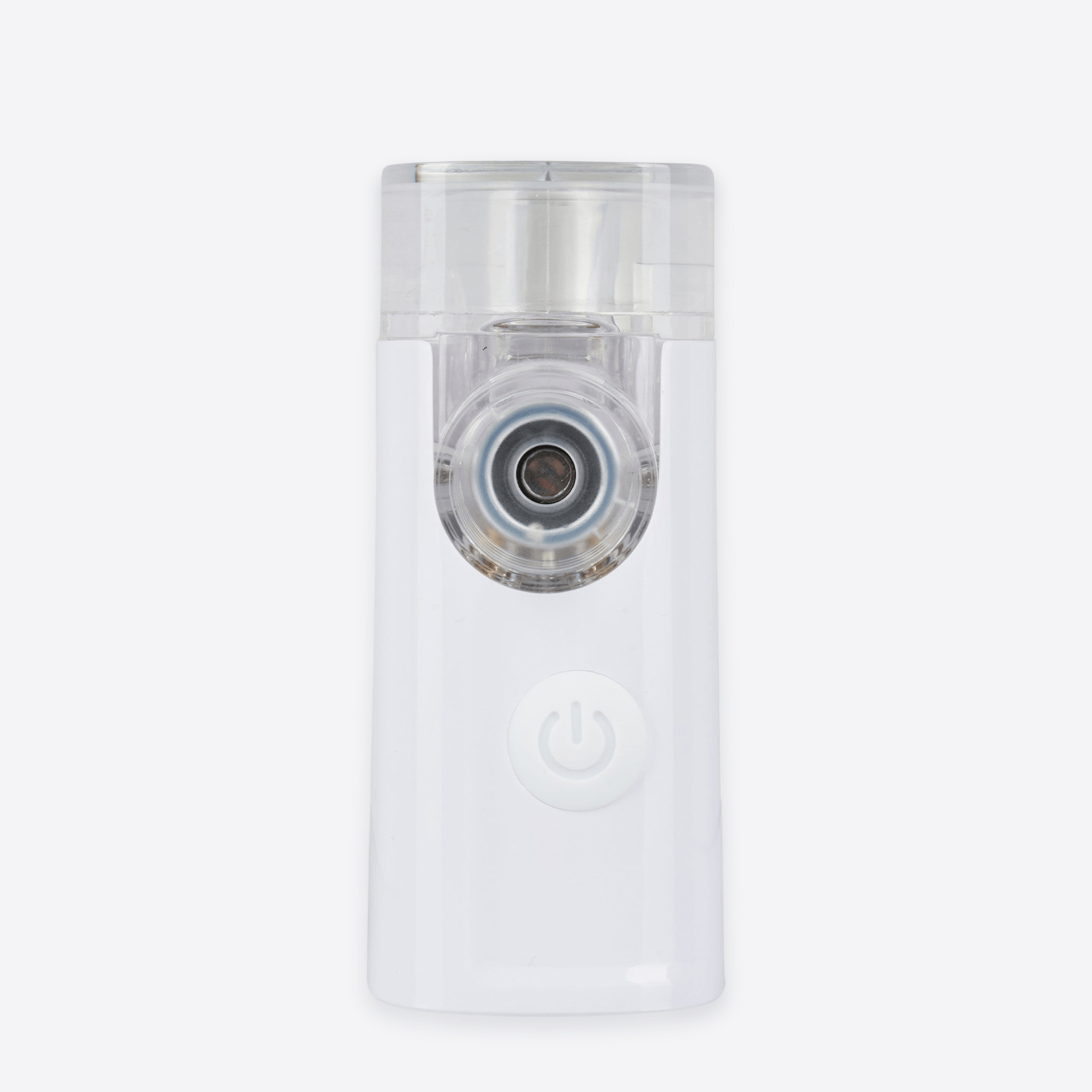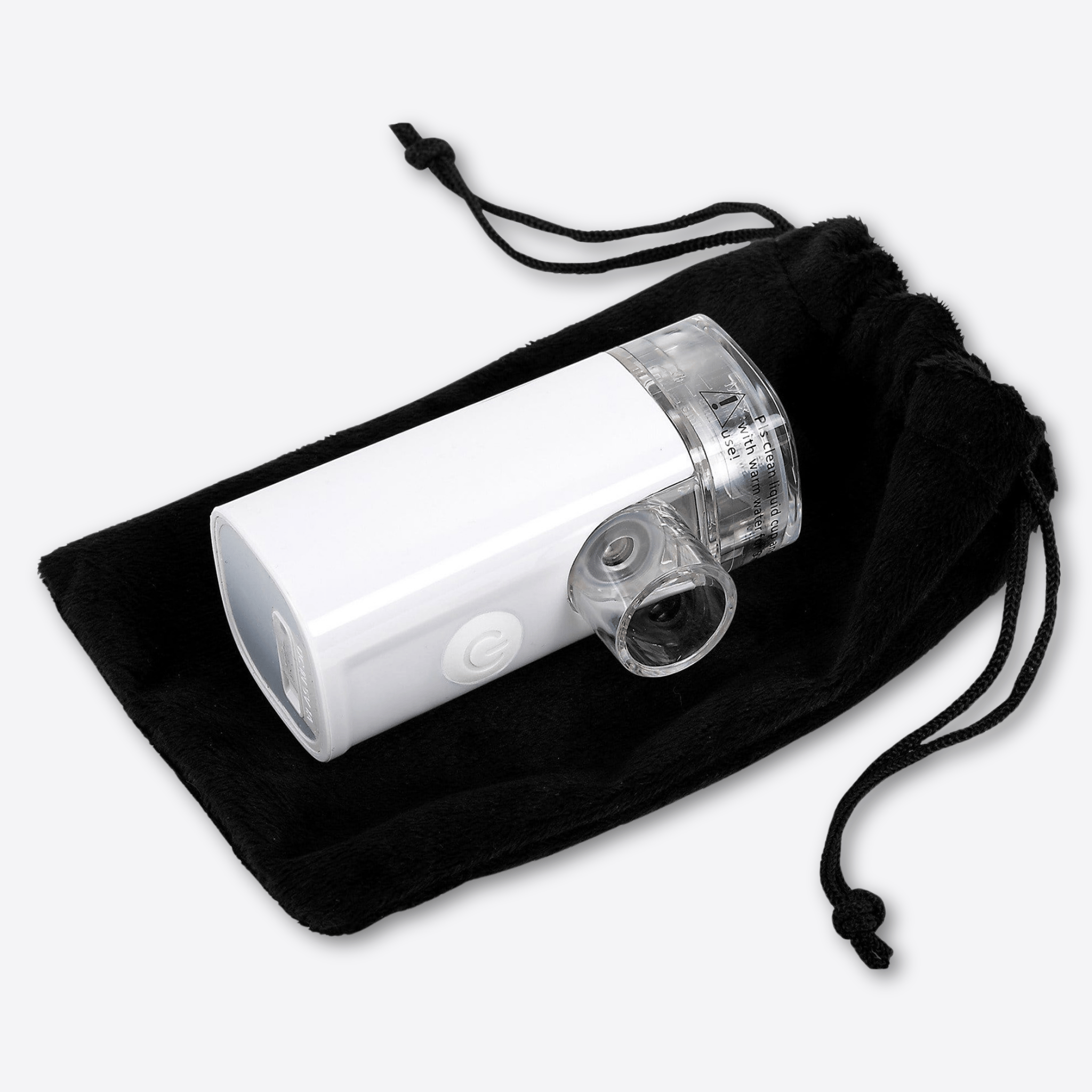If you or someone you love has asthma, you need to understand how respiratory infections can affect that person. Respiratory infections affect the airway, which includes the throat, sinuses, and nose. Infections are a common cause of asthma attacks and can even lead to more serious conditions. Before leaving your house, make sure you have your portable mesh nebulizer in case you need to use it in an emergency.
The most common respiratory infections include:
- Common Cold
- Pneumococcal Disease
- Covid-19
- Influenza
Read through the guide so you better understand how to prevent common respiratory infections and prevent them in the future.
How do Respiratory Infections Spread?
The first thing to understand is how respiratory infections spread. Once you understand how they spread, you can then lower your chances of getting them. Germs can spread before you show any symptoms, such as in the case of the flu and Covid-19.

Direct Contact
If a person who is infected with an infection touches their eyes, mouth, or nose then you have a higher chance of contracting the respiratory infection. In addition, if you touch a surface the infected person had just touched then there is a good chance you will pick up the virus that way as well.
Air
When a person infected with the virus talks, sneezes, or coughs then small particles of the virus flying through the air. If you are nearby and the infected particles land on you then there is a good chance you will get the virus.
Differences Between the Infections
These respiratory infections do have a lot in common, but it is important to know the differences so you have a better idea of what infection you have. Remember the most common respiratory infections are the cold, pneumococcal disease, the flu, and Covid-19.
The Common Cold
A cold is mild and doesn’t normally cause serious problems; however, it can still cause issues for people with asthma. If you have asthma, take extra precautions during the cold season to keep from getting sick. When you do get a cold, you just have to wait it out and treat the symptoms. Antibiotics do not work on a cold because the cold is a virus and antibiotics only work on bacteria.
Pneumococcal Disease
Pneumococcal disease causes issues like ear infection, meningitis, pneumonia, and even sepsis. Anyone can get the disease, but if you have asthma you are at higher risk for serious complications. Each year, 150,000 people are hospitalized and 3,500 people die from pneumococcal disease.
People who are older than 65 or younger than six years old should get the vaccine. If you already have the vaccine, talk to your doctor about if you need a second one if it has been many years since your first vaccine.
Antibiotics are used to treat pneumococcal disease because it is caused by bacteria. If you start to show symptoms then call your doctor right away.
Influenza
Influenza is also known as the flu. It is a respiratory infection that affects the throat, nose, and sometimes the lungs. The influenza virus causes the flu and spreads from October through May every year.
Millions of people get the flu each year, hundreds of thousands of Americans are admitted to the hospital because of it, and thousands of people die from the flu. If you or your loved one has asthma then you are at higher risk for serious complications. The complications include pneumonia and asthma attacks.
Covid-19
Covid-19 is caused by the SARS-CoV-2 virus. It is a respiratory infection that easily spreads between people. The symptoms vary, but those with underlying health conditions or who are older have a higher chance of becoming very sick.
Researchers aren’t completely sure of the effects of Covid-19 on asthma, but they do suggest being careful because having asthma may increase your risk for serious complications.
Protect Yourself from the Common Infections
Now that you understand the differences between the most common respiratory infections, it is time to talk about how to protect yourself and the people you love. There are simple things you can do to decrease your chances of getting or spreading the infections.
- Don’t touch your face
- Follow your Asthma Action Plan
- Get a flu show
- Get the Covid-19 vaccine
- Get the pneumococcal shot
- Stay six feet apart from people
- Wash your hands for 20 seconds
- Wear a face mask

Even if you are very careful and do everything right you may still get sick. If you do get sick, it is important to call your doctor. You should have an Asthma Action Plan setup with your doctor. The doctor may prescribe additional medications for your mesh nebulizer, or increase your current ones, for the duration of your respiratory infection.
Stay away from people who are sick to lessen your chances of getting the infection. Also, stay away from others if you are sick so as not to spread the illness. Drink lots of water and get rest when you can. If you have trouble breathing, lots of coughing, or shortness of breath then call your doctor right away. It is better to err on the side of caution when it comes to asthma and respiratory illnesses. The doctor is just a phone call away.
Respiratory Infections and Asthma
If you or a loved one has asthma, you know how important it is to stay safe during cold and flu season. While the cold and flu are common, so are pneumococcal disease and Covid-19. Wash your hands for at least 20 seconds and practice social distancing when you visit others. If someone has been sick or you don’t feel good, then stay away and stay home. Keep your mesh nebulizer handy so you can use it in case of an emergency.





